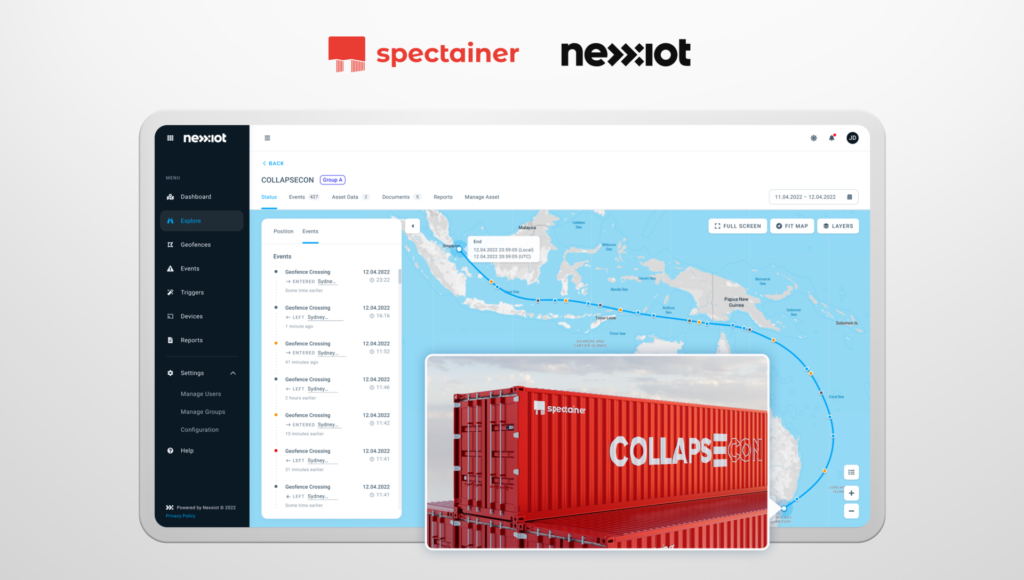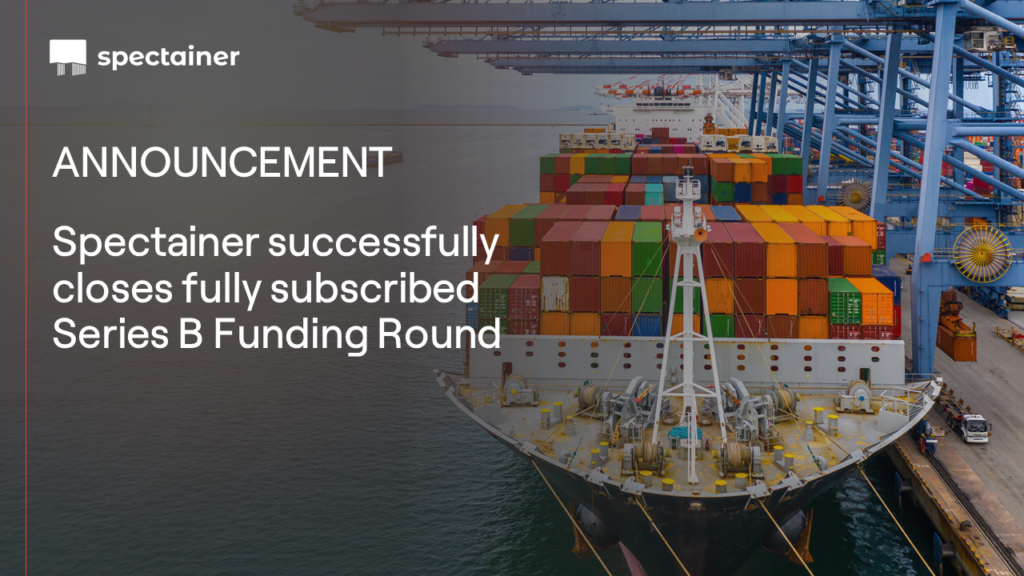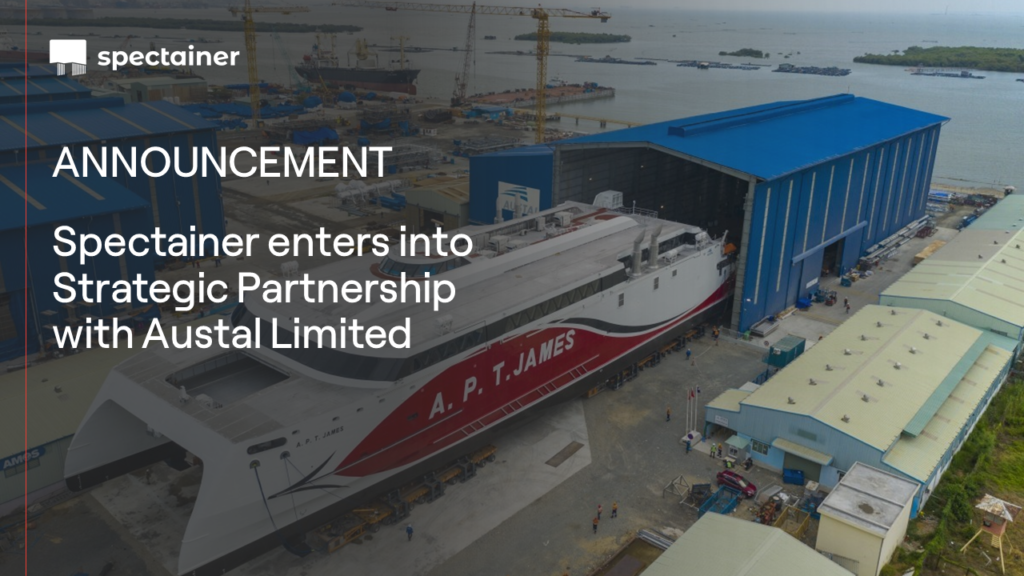Role Purpose
The Global Operations Manager – Fleet Management is responsible for supervising and managing the Company’s operational fleet. Fleet management includes support to strategic planning, day-to-day operational performance of equipment, procurement, production planning, logistics, deployment and redeployment of equipment, system tracking, cost & data analytic, vendor management, aftermarket support, status reporting, and cost management. The role is also responsible for providing operational support to customers and vendors.
Reporting to COO, the Global Operations Manager is required to contribute to long term strategic planning and project management in order to assist in meeting the Company’s operational goals. This includes setting sequential workflows to prioritize the commercial and operational activities and conduct weekly update to Senior Management.
Role Accountabilities
Fleet Management
- Provide overall management of the Company’s operating fleet (including COLLAPSECON containers, SEACONs, COS and other technologies).
- Responsible for the day-to-day schedule management including contingencies, recovery/recall actions and evaluation/execution of ad-hoc projects and assignments.
- Ensure that the Company’s operating fleet is achieving maximum utilisation rates.
- Ensure that the Company’s operating fleet safety standards and expectations are being upheld on all operational activities.
- Track equipment performance, and preventing any unsafe acts or behaviours of equipment under operating conditions
- Take remedial action to work closely with Product Development Team to solve any non-conforming or unsafe equipment.
- Ensure operating equipment in compliance with the International Container Safety Standards (ISO/IMO/CSC/TIR and others standard, if any) for COLLAPSECON.
- Ensure operating equipment in compliance with yard safety requirements for installation and commissioning of COS onsite.
- Provide aftermarket support to address any queries from end users and service vendors.
Operational Excellence
- Fleet management – In collaboration with the respective functional teams, conduct weekly meeting to review the equipment delivery and deployment status, service networks set-up and ensure that equipment is deploy as plan and is fit for purpose (Equipment deployment Planning).
- Procurement management – In collaboration with Finance and Commercial teams, obtain capex approval and negotiate the contract with manufacturer on price and delivery schedule.
- Production – Work closely with Procurement Manager to manage production schedule and plan from production commence till acceptance to delivery and arrangement for payment.
- Logistics – Work closely with the Commercial team and Production Manager to deploy equipment to the desired location within the set timeframe at most cost-efficient manner.
- Operational Costs – Assume ownership of all equipment operational costs and accountability for the efficient performance of all equipment with focus on developing strategies to reduce the operating by unit costs.
- Equipment Management – COLLAPSECON Inventory management and utilisation – Ensure optimal equipment utilisation and allocation to meet company objectives as well as deployment needs.
- Fleet Optimization – to optimise the fleet utilisation:
- Equipment Management – SEACON Inventory management and utilisation – Ensure optimal equipment utilisation and allocation to meet company objectives as well as deployment needs.
- Equipment Management – Container Operating Station (COS) Inventory management and utilisation – Ensure optimal equipment utilisation and allocation to meet company objectives as well as deployment needs.
Strategic Projects
- Formulate and implement key operational initiatives and projects including – initially – participation in the development and implementation of the Equipment tracking system of the entire equipment operations from procurement, production planning, logistic deployment, delivery schedule, on lease, off lease, return policy, and set cost KPI and vendor service performance, develop dashboard to measure performance as well as other digital productivity enhancement tools.
People Management
- Lead employees/vendors to meet the organisation’s expectations for operational productivity, service quality, and goal accomplishment.
- Provide oversight and direction to the vendors/employees in the team in accordance with the organisation’s policies and procedures.
- Plan staffing levels and work with Human Resources to recruit, interview, select, hire, and employ the right people within budgetary guidelines.
- Coach, mentor and develop staff, including overseeing new employee onboarding and providing career development planning and opportunities.
- Consciously create an engaging workplace culture that emphasizes the identified mission, vision, guiding principles, and values of the organisation.
- Lead employees using a performance management and development process including goal setting, feedback, and performance development planning.
- Empower employees to take responsibility for their jobs and goals. Delegate responsibility, drive accountability and provide regular feedback for continuous improvement.
- Manage and maintain effective employee work schedules including assignments, job rotation, training, vacations, and paid time off, cover for absenteeism, and overtime scheduling.
- Maintain two-way transparent communication. Appropriately communicate organization information through department meetings, one-on-one meetings, and appropriate email, MsTeams, and regular interpersonal communication.
- Deliver key people related activities in conjunction with HR that will lead to the enhanced engagement and retention of team members.
Situation Management
- Make every effort to be aware of and understand your role in the event of a developing situation.
- Make every effort to attend any relevant training, simulations and or meetings relating to Situation Management.
- Perform your role as best as possible in a calm and collaborative manner with the relevant policy and procedures in the event of a Situation.
- Provide input and feedback towards the ongoing improvement of the Situation Management framework and procedure.
Key Qualifications & Skills
Qualifications
- Degree in Business Administration/Supply Chain Management/Logistic operations
- Practical hands-on shipping equipment operations experience gained in a leadership management of shipping operations role
- At least 5-8 years of shipping equipment management experience in related businesses.
Technical Skills
- Comprehensive knowledge of the commercial and operations of shipping container, and regional aspects of shipping operations
- Cost mitigation and vendors management
- Adaptable to fast-pace and pressure working environment.
- Proven ability to build relationships and teams
- Strong in data analytic, numeracy, critical thinking, problem solving and communication skills
- Knowledge of general macro view of economic principles and international trade
Professional Skills
- Focuses on results-orientation, profitability, and performance
- Leadership – Ability to set directives, KPIs, training, coaching, mentoring to motivate and upgrade team to deliver the results
- Customer Centric – Dedicated to meeting the expectations and requirements of internal and external customers by improving the services and products. Builds a high level of customer orientation throughout the organisation.
- Ownership & Accountability – Take responsibility for individual and team KPIs and performance. Focused on operational results, profitability, and performance.
- Collaboration – Work effectively with internal and external stakeholders; seek and provide help to colleagues
- Demonstrated ability to proactively strategies and plan effectively and deliver outcomes in a competitive business environment.
- Strong conceptual and analytical skills.
People Management
- Lead employees/vendors to meet the organisation’s expectations for operational productivity, service quality, and goal accomplishment.
- Provide oversight and direction to the vendors/employees in the team in accordance with the organisation’s policies and procedures.
- Plan staffing levels and work with Human Resources to recruit, interview, select, hire, and employ the right people within budgetary guidelines.
- Coach, mentor and develop staff, including overseeing new employee onboarding and providing career development planning and opportunities.
- Consciously create an engaging workplace culture that emphasizes the identified mission, vision, guiding principles, and values of the organisation.
- Lead employees using a performance management and development process including goal setting, feedback, and performance development planning.
- Empower employees to take responsibility for their jobs and goals. Delegate responsibility, drive accountability and provide regular feedback for continuous improvement.
- Manage and maintain effective employee work schedules including assignments, job rotation, training, vacations, and paid time off, cover for absenteeism, and overtime scheduling.
- Maintain two-way transparent communication. Appropriately communicate organization information through department meetings, one-on-one meetings, and appropriate email, MsTeams, and regular interpersonal communication.
- Deliver key people related activities in conjunction with HR that will lead to the enhanced engagement and retention of team members.
Situation Management
- Make every effort to be aware of and understand your role in the event of a developing situation.
- Make every effort to attend any relevant training, simulations and or meetings relating to Situation Management.
- Perform your role as best as possible in a calm and collaborative manner with the relevant policy and procedures in the event of a Situation.
- Provide input and feedback towards the ongoing improvement of the Situation Management framework and procedure.
Key Qualifications & Skills
Qualifications
- Degree in Business Administration/Supply Chain Management/Logistic operations
- Practical hands-on shipping equipment operations experience gained in a leadership management of shipping operations role
- At least 5-8 years of shipping equipment management experience in related businesses.
Technical Skills
- Comprehensive knowledge of the commercial and operations of shipping container, and regional aspects of shipping operations
- Cost mitigation and vendors management
- Adaptable to fast-pace and pressure working environment.
- Proven ability to build relationships and teams
- Strong in data analytic, numeracy, critical thinking, problem solving and communication skills
- Knowledge of general macro view of economic principles and international trade
Professional Skills
- Focuses on results-orientation, profitability, and performance
- Leadership – Ability to set directives, KPIs, training, coaching, mentoring to motivate and upgrade team to deliver the results
- Customer Centric – Dedicated to meeting the expectations and requirements of internal and external customers by improving the services and products. Builds a high level of customer orientation throughout the organisation.
- Ownership & Accountability – Take responsibility for individual and team KPIs and performance. Focused on operational results, profitability, and performance.
- Collaboration – Work effectively with internal and external stakeholders; seek and provide help to colleagues
- Demonstrated ability to proactively strategies and plan effectively and deliver outcomes in a competitive business environment.
- Strong conceptual and analytical skills.
Apply online on mycareersfuture.gov.sg







